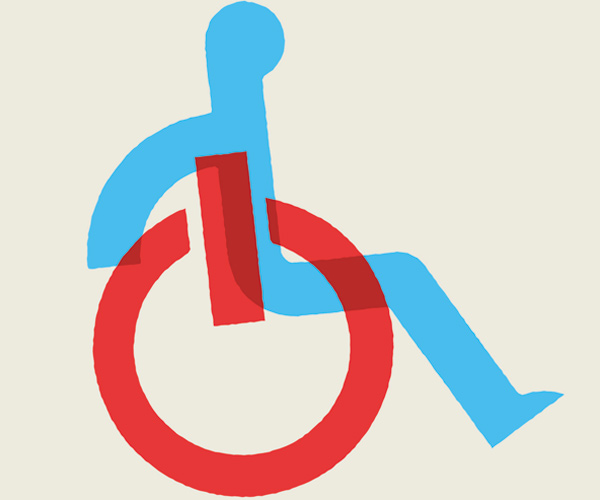By John Thornton | 12 February 2014
A touch-screen revolution is creating affordable technology that can help young adults with profound disabilities to master life skills

Can you imagine what it would be like to have little or no control over your limbs, where you can’t speak and have only limited interaction with the world and the people around you? No, I can’t either but I recently met a group of young adults with profound and multiple disabilities who have grown up knowing only this type of world.
The college I visited employs about 300 staff to care for 76 students. Some of the students have a cognitive age of about six months, for others it may be as high as five or six years. They will never be ‘independent’ as we know it, but the aim of the college is to help equip these young people for the best quality of life that they are able to achieve.
Most of us are familiar with the use of assistive technologies to help meet the day-to-day needs of ill and disabled people. There has been less recognition of the ways in which technology is helping to stimulate and develop skills.
Like all of us, people with profound learning disabilities will continue to learn throughout their lives if offered appropriate opportunities. For some, the act of just touching a screen that changes colour or starts music playing gives them their first experience of what it feels like to control something, to
have the ability to influence the world around them, and to understand cause and effect.
Kerry, not her real name, showed me how she could control the cursor on a screen using just her eye movements, effectively providing her with the same functions that you or I might get from using a mouse. In one game she made a brightly coloured snake whizz around a screen making loud and interesting noises. In another she was able to track and burst brightly coloured images of balloons.
As Kerry gains more eye control she will be able to use this technology to select and open her own games. Some of her fellow students are already using this type of technology to produce words and sentences via on-screen keyboards, operate a telephone, or switch on and off lights and appliances.
Traditionally this type of assistive technology has been very expensive as it developed out of defence and aerospace systems. Now new developments are coming out of the growth of touch-screen technology for tablets and video games, making it much more accessible and affordable. Also, the tablets themselves are proving relatively inexpensive learning tools.
Another student, who I will call Roy, showed me why he is known as the king of the iPad by playing tunes on a ‘fart piano’ that was loaded as an app on one of the college’s tablets. He beamed with pleasure at the range of flatulent noises that emerged.
As one of the tutors explained,
tablets have revolutionised this type of care. They are easy to use, come with useful apps and include cameras and sounds to help stimulate interest and activity.
The tutor also reminded me about The Diving Bell and the Butterfly, the novel by Jean-Dominique Bauby that describes life after a massive stroke left him physically paralysed. The author’s only remaining movement was blinking his left eyelid, and it took him 10 months to dictate the book using about 200,000 blinks, with an average word taking two minutes.
The tutor said: ‘I was almost screaming at the television when they showed the film, saying how much simpler this would now be using this new eye-gaze technology.’
Quite small levels of investment in these types of technologies and devices can have a dramatic impact.
John Thornton is an independent adviser and writer on business transformation, financial management and innovation [email protected]
This opinion piece was first published in the January/February edition of Public Finance magazine

















